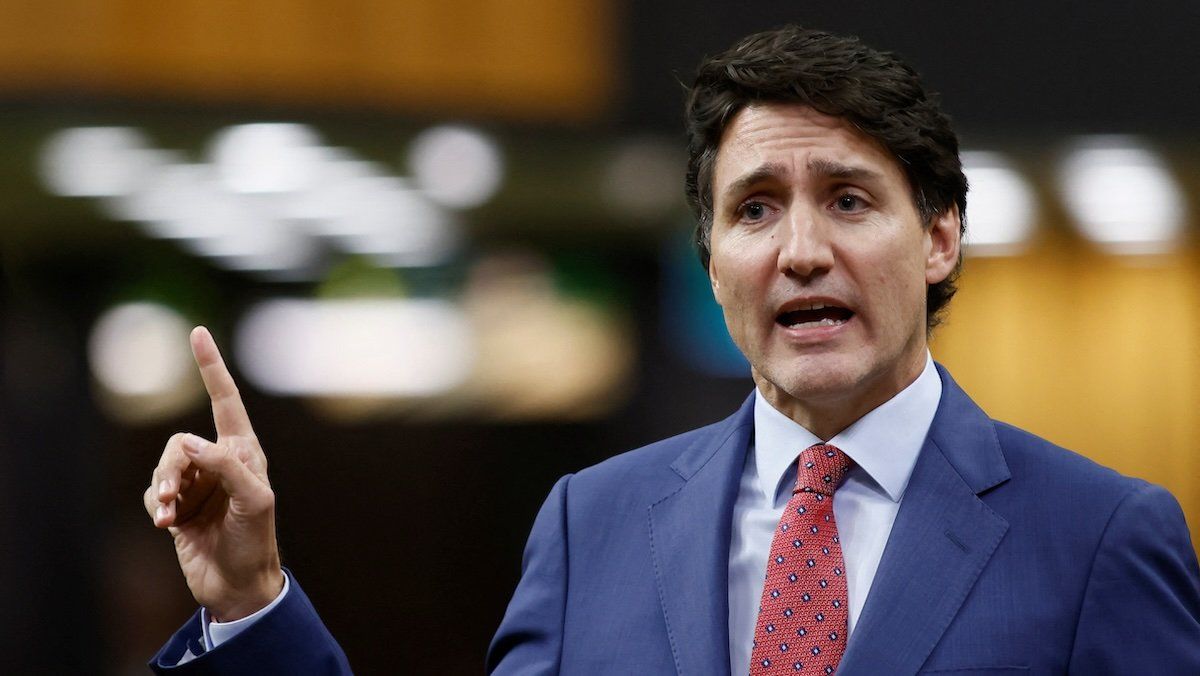Justin Trudeau emerged Wednesday from a caucus meeting in which Liberal members of Parliament debated his future as leader to say the Liberal Party of Canada is “strong and united.”
It is not.
Ahead of the meeting, a petition entitled “Code Red” was circulating among grassroots party members calling for a secret ballot vote on Trudeau’s leadership both at caucus and among members of the Liberal national executive.
A handful of Liberal MPs have publicly called on Trudeau to step down. Recently, a letter – separate from the petition – has been circulating among members urging the same, with up to 30 MPs rumored to have signed, but only three have confirmed signing on. Last week, four Cabinet members announced they would not run again.
An unspecified number of MPs have now gone as far as to give Trudeau an ultimatum to leave by Oct. 28, though they didn’t share what the consequences would be if he does not.
The Liberals trail the Conservatives by roughly 20 points in the polls ahead of the next federal election, which is scheduled to take place next fall but could come early if the government is brought down or if Trudeau decides to send voters to the polls ahead of schedule.
Both former British Columbia Premier Christy Clarkand former governor of the Bank of Canada and Bank of England Mark Carney are being floated as potential replacements for when Trudeau eventually steps down – or gets turfed.
Trudeau says his leadership isn’t in danger, he’s staying put, and that he will lead his party in the next election. He reportedly told the caucus he’d reflect on his viability as leader but on Thursday said he was staying. Still, if things continue the way they’ve been going – poorly – he may have to revisit his commitment to sticking around.
